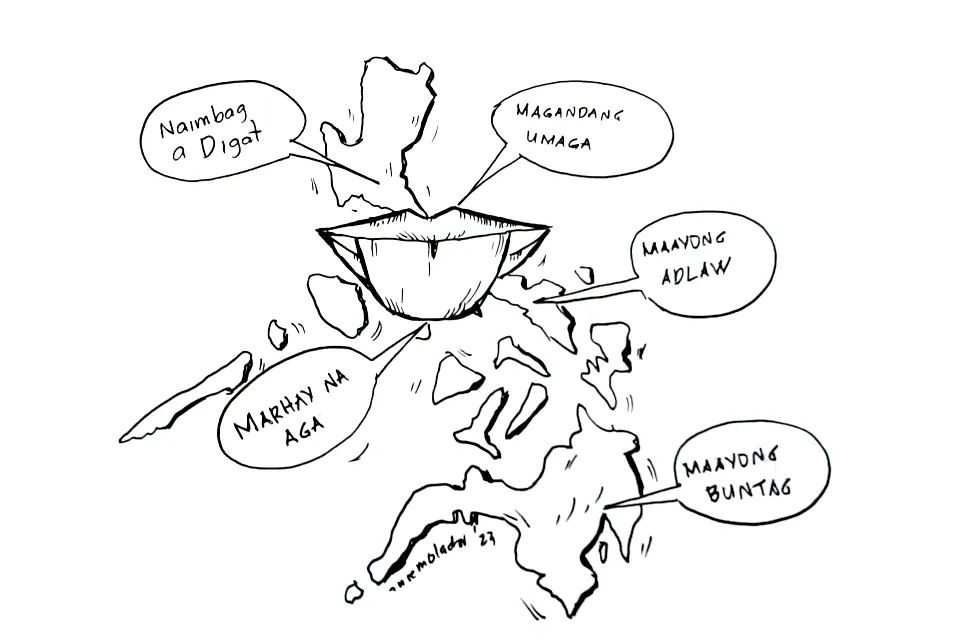 (Illustration by Glenn Remolador)
(Illustration by Glenn Remolador)
Mother tongue stays despite DepEd revising the basic education curriculum
UNESCO or United Nations Educational, Scientific, and Cultural Organization has encouraged mother tongue instruction in primary education since 1953 and UNESCO highlights the advantages of mother tongue education right from the start. Children are more likely to enroll and succeed in school and parents are more likely to communicate with teachers and participate in their children’s learning among others.
Just very recently, the Philippines introduced Republic Act 10533 otherwise known as the Enhanced Basic Education Act of 2013 to institutionalize the K-12 system and mandates the use of mother tongue in the first three years of elementary education, instruction, teaching materials, and assessment. Moreover, to strengthen the literacy aspect of K-12 system, MTB-MLE program or Mother Tongue-Based Multilingual Education was introduced where the medium of instruction is the mother tongue or the first language of the learners.
Today, the Department of Education has drafted a proposal for the removal of mother tongue subject in the primary level. Based on the draft of the revised basic education curriculum released by the DepEd Mother Tongue will no longer be offered as a separate subject in Grades 1 to 3 and instead it will be used to teach other subjects.
Whatever language our education system will use, especially our mother tongue, may it facilitate the learning process of our students. May the use of the mother tongue lead to the enhancement and deepening of the wholistic development and progress of our learners.


No Comments